For decades, Israel has calculated precisely how much food Gaza’s population needs to survive without starving.
Others are reading now
In Gaza, nearly every calorie consumed comes from outside the territory. Farming has collapsed under war, fishing is banned, and civilians cannot leave to seek supplies elsewhere. The flow of food is entirely controlled by Israel, making it a lifeline, and a weapon.
Israel’s Calorie Calculations

For decades, Israel has calculated precisely how much food Gaza’s population needs to survive without starving.
Internal documents from the mid-2000s revealed that officials once set daily minimums at 2,279 calories per person, about 1.8kg of food, allowing just enough to avoid outright famine.
The “Diet” Policy

A senior adviser to then–Prime Minister Ehud Olmert once described the approach bluntly: “Put the Palestinians on a diet, but not to make them die of hunger.”
The policy was a tool of political pressure, restricting aid while avoiding full-scale starvation.
Also read
Modern Minimums, Shrinking Supplies
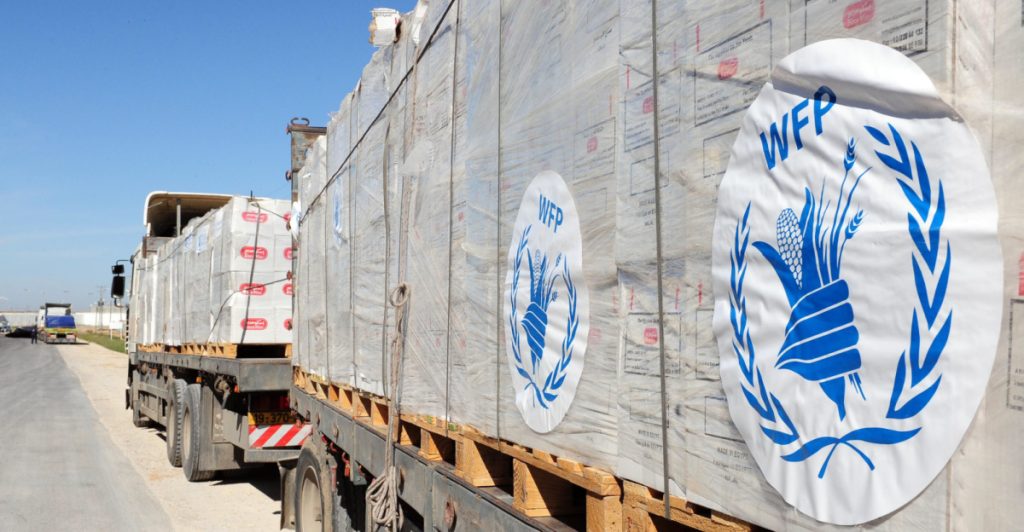
Today, aid agencies request a modest 1kg of food per person per day—around 62,000 tonnes a month for Gaza’s 2.1 million residents. Yet from March to June, Israel allowed in only 56,000 tonnes in total.
Official Denials and Blame Shifting
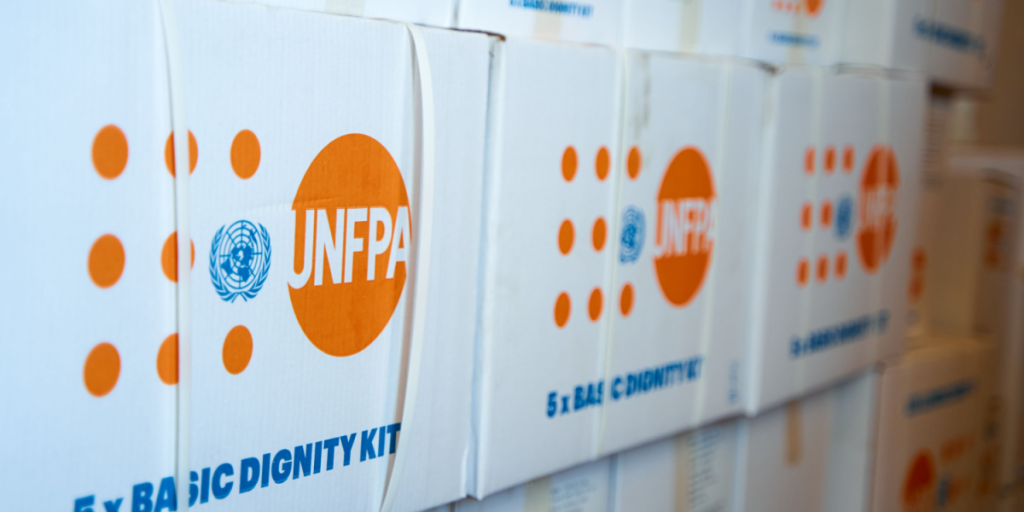
Israeli officials have denied famine exists, accused Hamas of hoarding aid, and claimed UN agencies fail to distribute supplies effectively.
They have circulated images of aid pallets waiting at the border as proof food is available, despite their own data showing severe shortages.
International Experts Warn of a Man-Made Famine

The UN-backed Integrated Food Security Phase Classification says Gaza is in a “worst-case scenario” famine, citing “drastic restrictions” on aid.
Independent experts warn that current food delivery plans would lead to mass starvation, even without the violence plaguing distribution efforts.
Also read
Brief Ceasefire Relief, Then Another Plunge
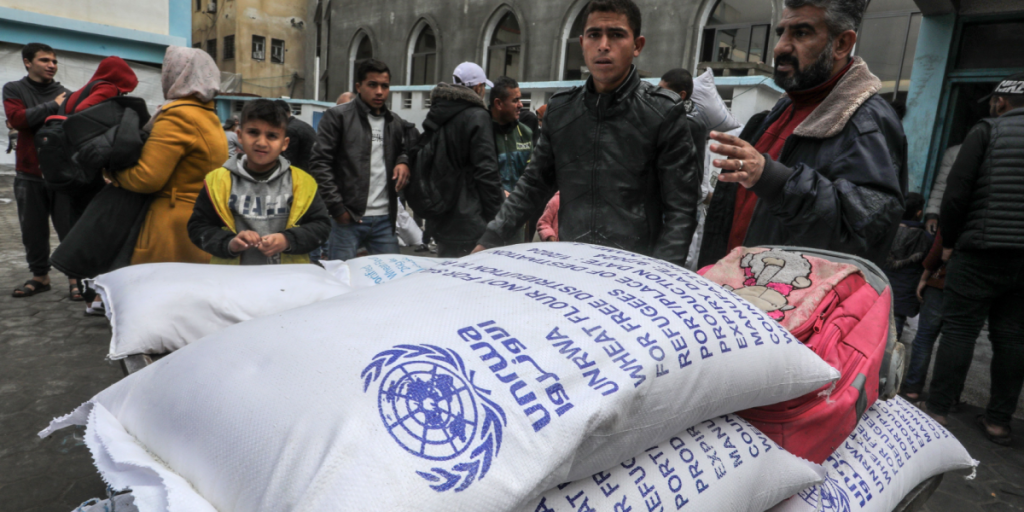
During a short ceasefire early in 2025, aid surged briefly, delivering enough calories to pull Gaza back from the brink. But by May, shipments had slowed again to a trickle.
Airdrops: Costly, Inefficient, and Deadly
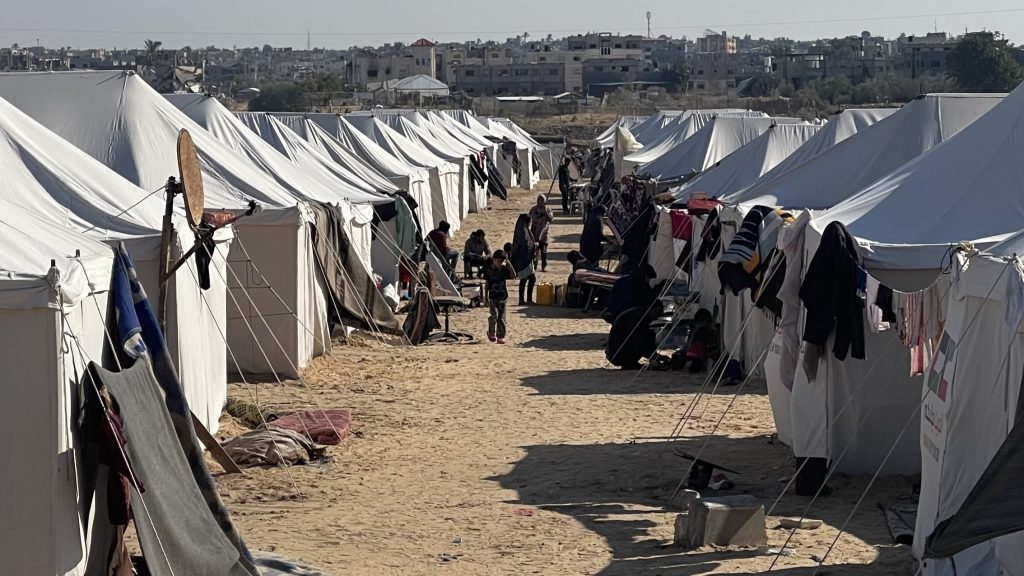
Countries including France, Germany, the UK, Egypt, Jordan, and the UAE have dropped food by air. But these missions are expensive, deliver only tiny fractions of what’s needed, and have killed people, either from drowning while retrieving packages or being struck by falling pallets.
Hunger as a Weapon of War
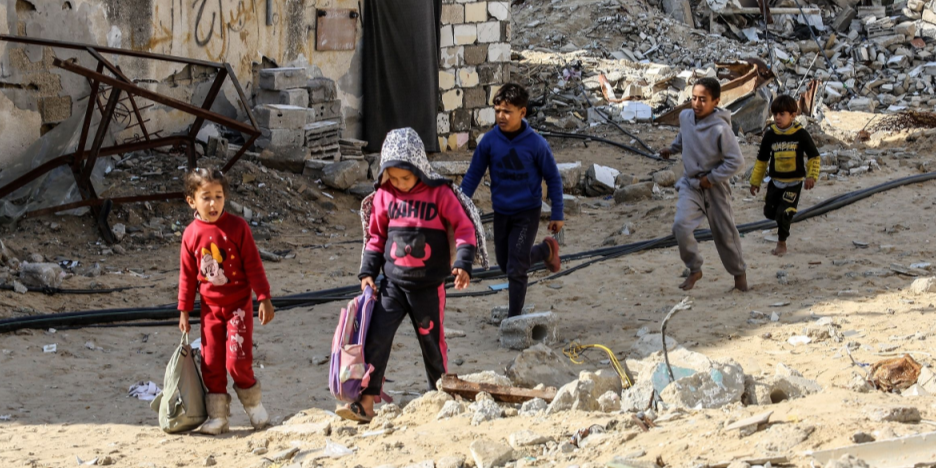
Rights groups including B’Tselem accuse Israel of using starvation deliberately as a weapon.
They describe an “openly declared policy” of restricting food to the point of mass hunger a strategy that meets international definitions of genocide.
Responsibility That Cannot Be Shifted
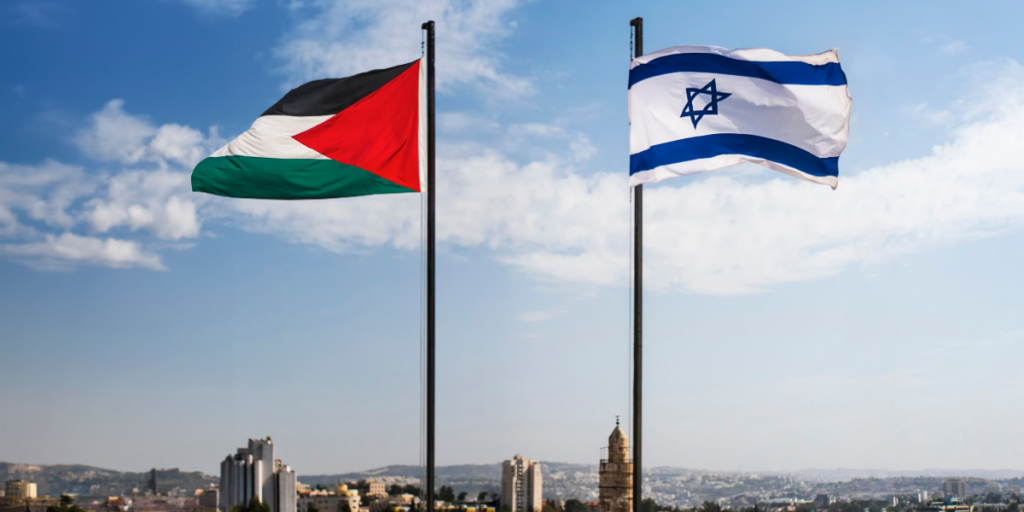
Israel’s own figures show it knows exactly how much food Gaza needs and how little it has allowed in.
Also read
The numbers reveal that starvation is not an unavoidable byproduct of war, but the outcome of deliberate policy. Allies who support Israel share responsibility for the consequences.


